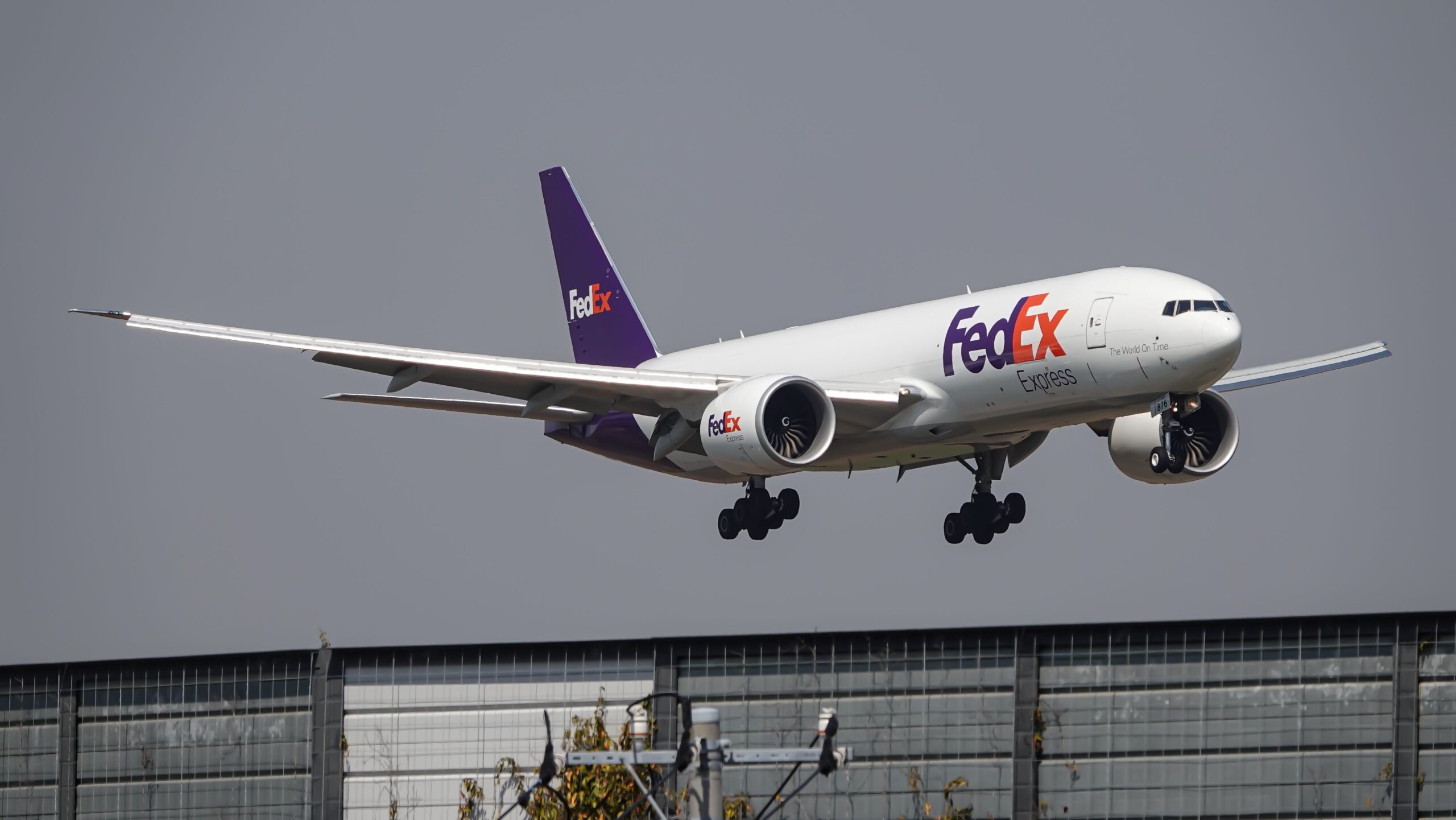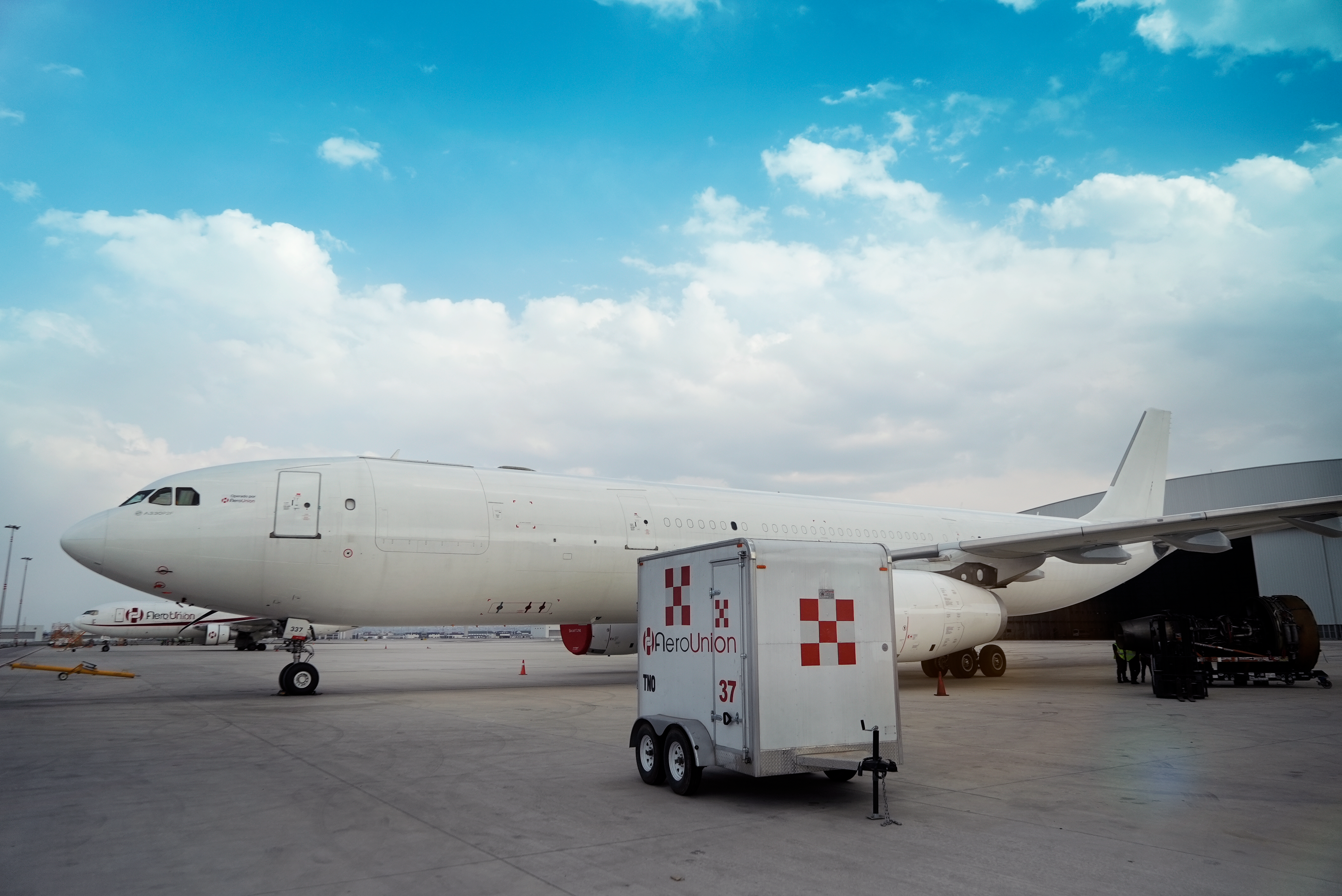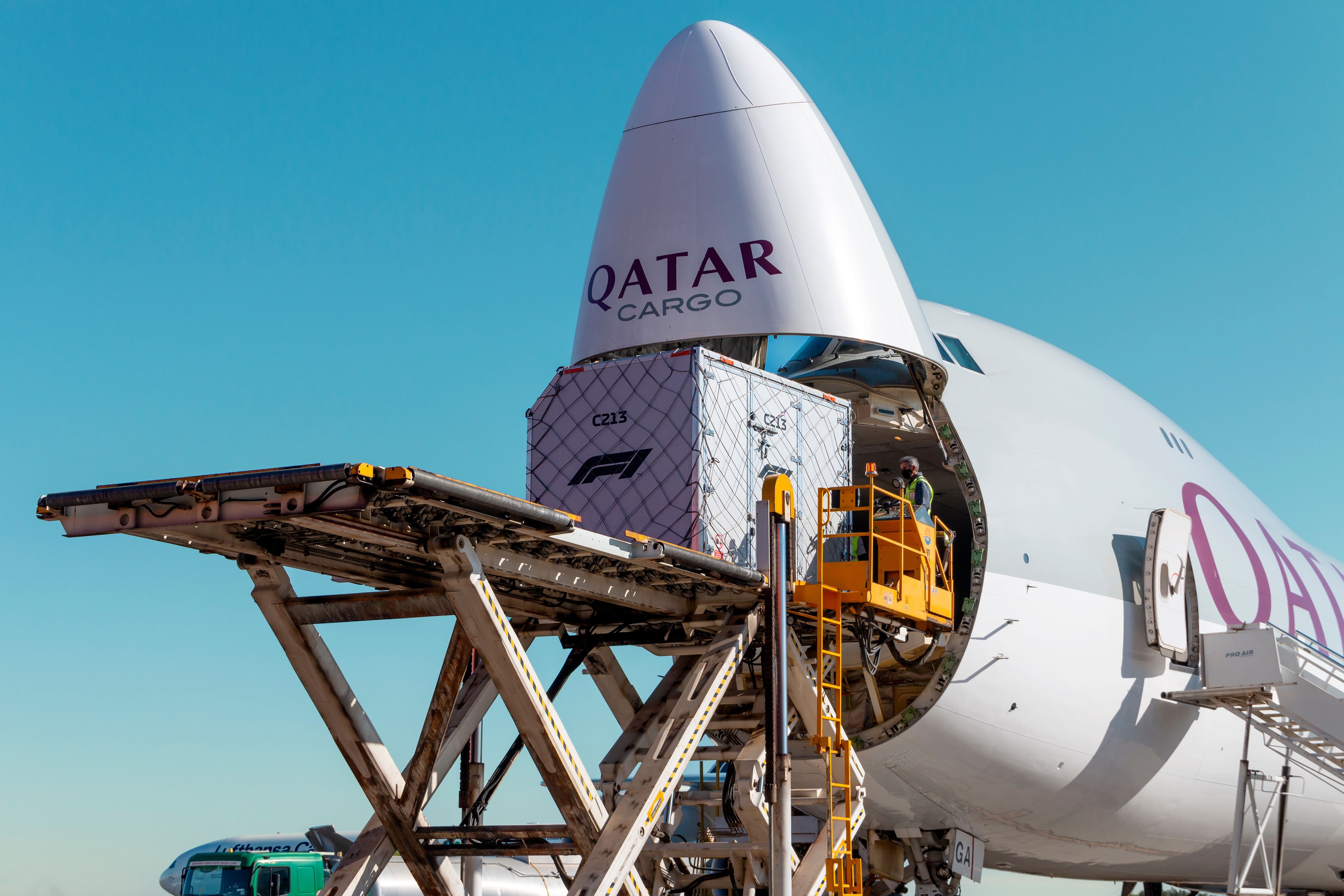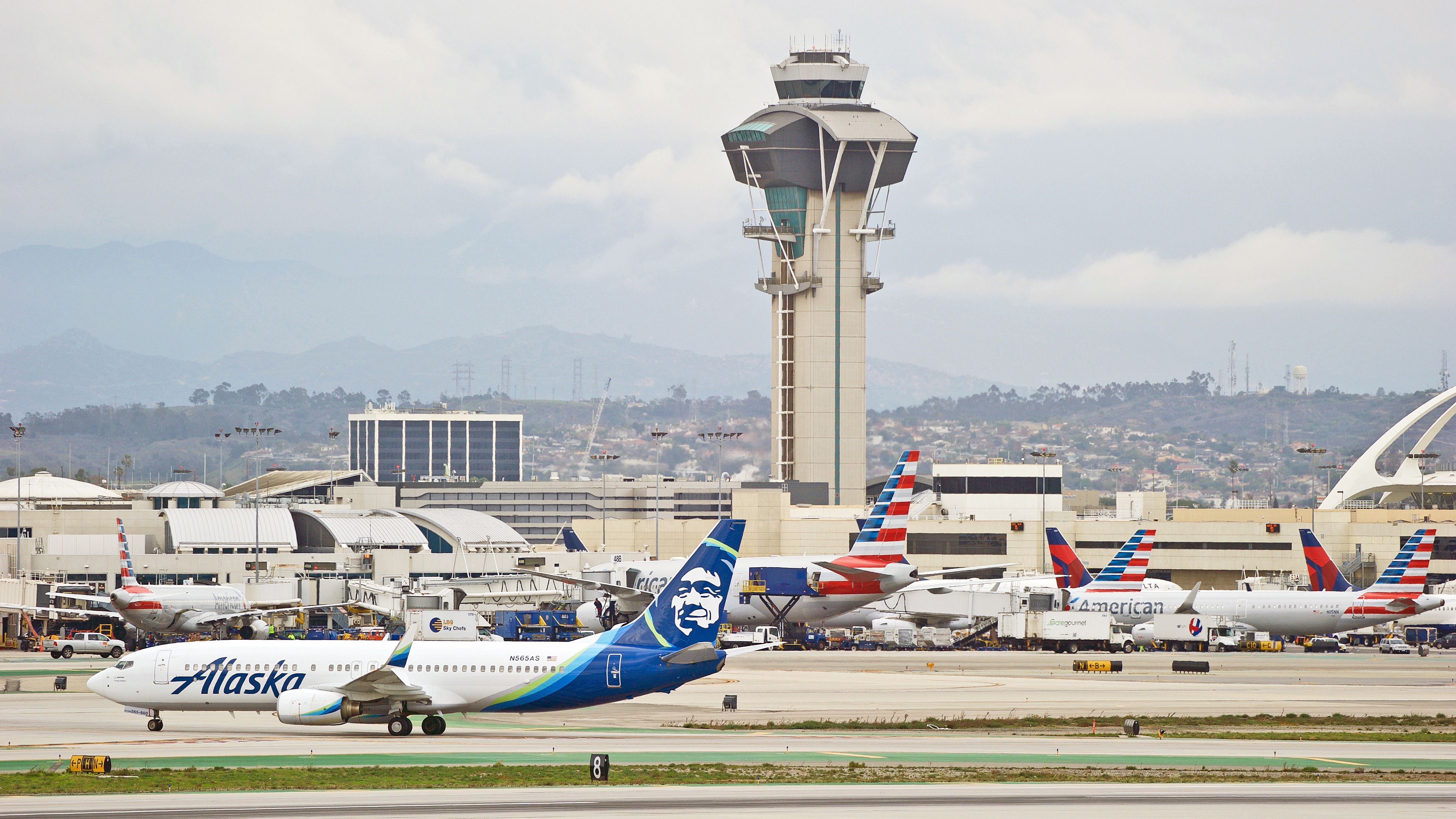The Federal Aviation Administration ( FAA
) has issued a safety alert for operators (SAFO) warning that the upcoming holiday season will increase the number of packages that include electronics with batteries, which warranted airlines reviewing their safety processes to prevent any accidents related to odor, smoke, fire, and/or fumes.
Shipping batteries or battery-powered devices
According to the regulator, the purpose of the latest SAFO was to alert operators about safety concerns when carrying certain quantities of hazardous materials, including lithium batteries or devices powered by such batteries.
“Lithium batteries and lithium-battery powered devices can act as an ignition source and/or contribute significantly to a fire once ignited.”
Photo: Avianca Cargo
As such, operators carrying such cargo must know what kind of freight was loaded on their aircraft and ensure they meet hazardous materials regulations of the Code of Federal Regulations (CFR).
However, the FAA warned that these regulations do not address aircraft-level risk posed by shipping multiple hazardous materials, and, in the absence of other controls, certain cargo shipments can exceed the capabilities of aircraft fire protection systems required by certain CFR sections.
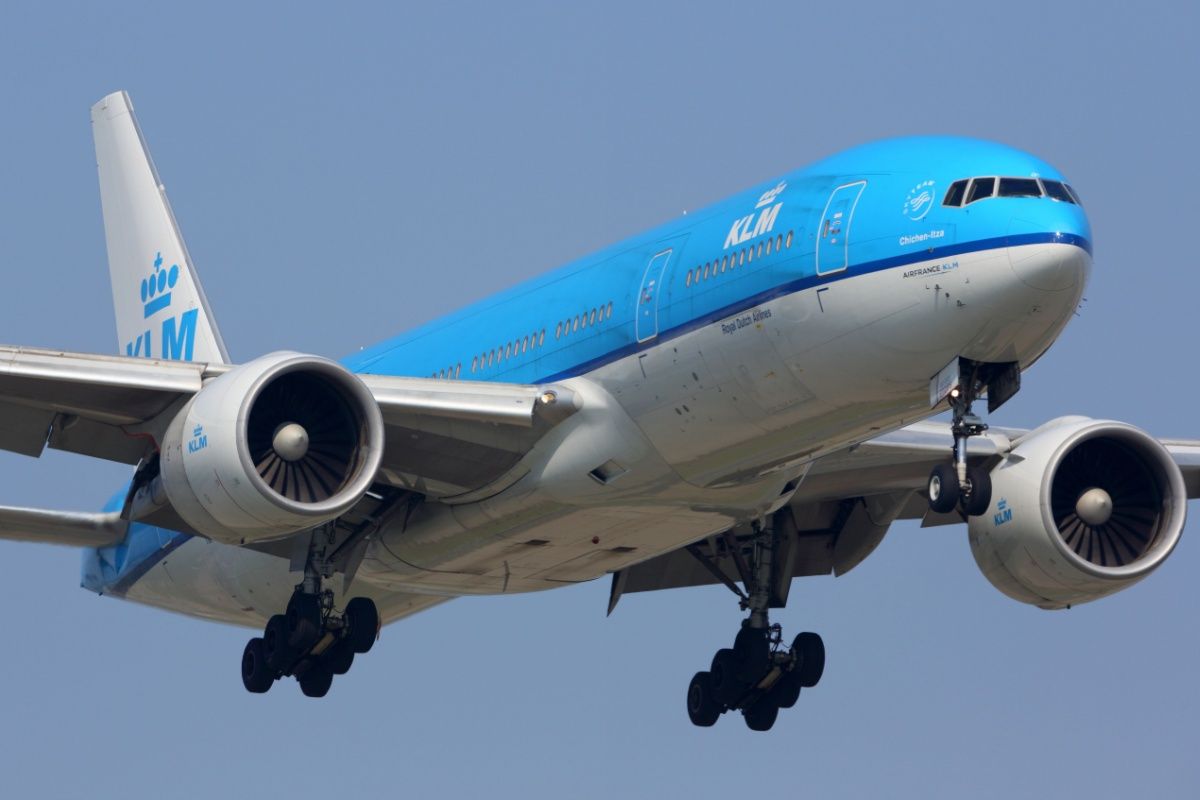
Related
KLM Boeing 777 Diverts To Ankara Following Cargo Fire Indication
The flight landed safely and departed again about six hours later.
Reviewing procedures
The US regulator reminded airlines that the holiday season is rapidly approaching, adding that the season typically results in an increase of shipments of potentially hazardous materials, including electronics.
The FAA said this warranted aircraft operators’ review of their procedures and checklists related to recognizing, differentiating, and mitigating odors, smoke, fire, and/or fumes in the aircraft.
“Events involving odor, smoke, fire, and/or fumes may require targeted and timely action to protect the aircraft, aircrew, and passengers.”
Airlines should review their Safety Risk Assessments (SRA) through their Safety Management System (SMS) processes to ensure they have identified and mitigated potential risks related to the carriage of hazardous materials.
Photo: Matheus Obst | Shutterstock
The FAA referred to an advisory circular (AC) the agency issued in September 2021, which provided guidance for operators when performing an SRA as part of their safety risk management (SRM) processes.
An existing SMS structure should cover the adequacy of existing preventive controls to ensure cargo onboard the aircraft will not cause a fire that exceeds the capabilities of the aircraft fire protection systems.
Furthermore, operators should ensure their flight crews are familiar with the actions they should take in case of odor, smoke, and/or fume events, with the FAA saying that guidance for crews should be distributed through appropriate internal channels.
Operators should also review applicable international standards regarding the equipment of fire protection systems and the appropriate risk assessment elements.
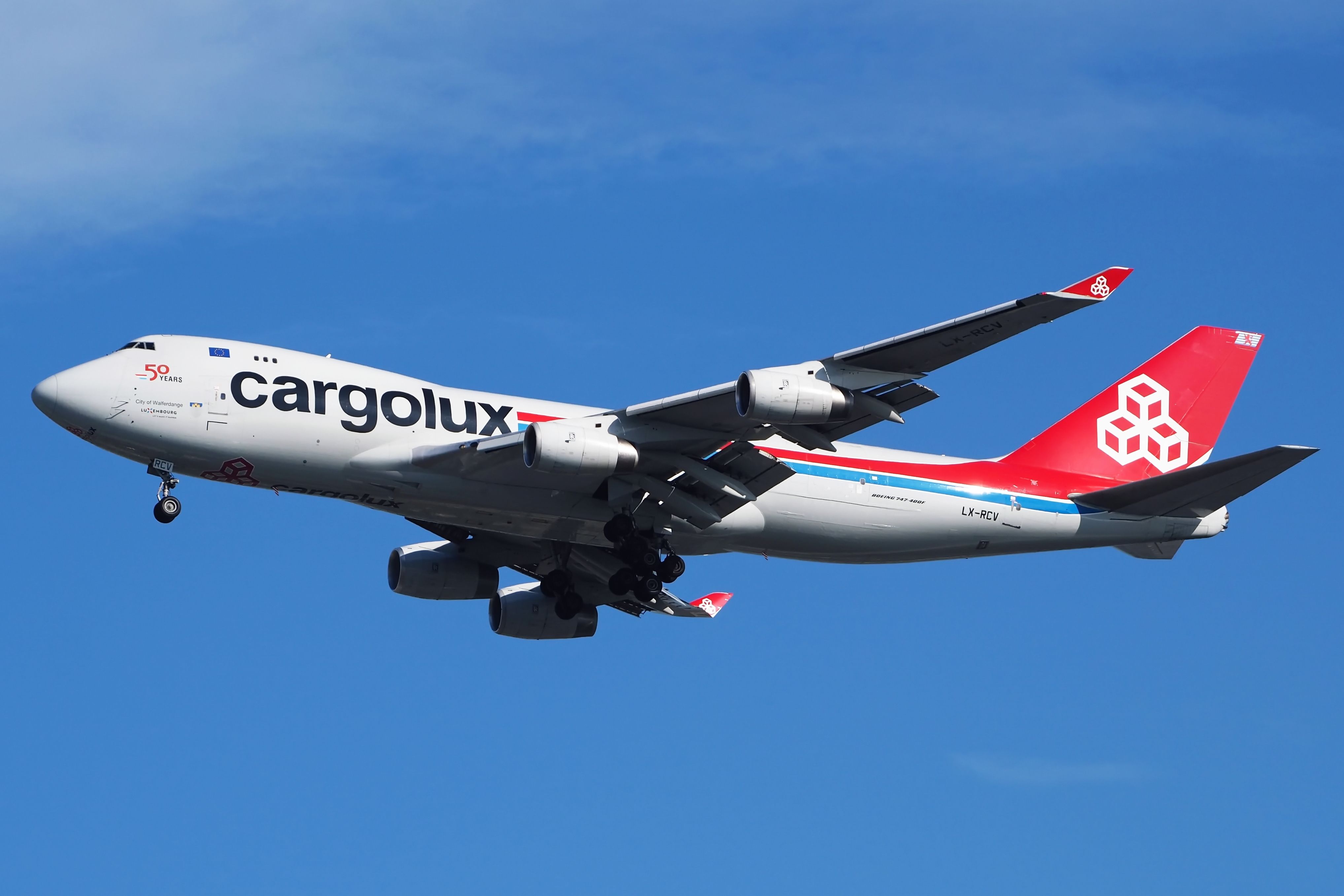
Related
Cargolux Boeing 747 Evacuated In Shannon With Main Deck Fire Warning
The airline said that the three pilots onboard evacuated safely once the aircraft stopped on the airport’s sole runway.
Postponing cabin air quality rulemaking
In August, the FAA denied the Association of Flight Attendants-CWA ( AFA
-CWA) request to initiate a rulemaking process to mandate airlines to report the presence of smoke, vapors, or fumes while the aircraft is operating.
In its letter to the FAA in November 2023, the flight attendants’ union requested the FAA to implement new rules to mandate airlines to report the presence of smoke, vapors, or fumes in operation and not only during the flight.
Such events would be reported when there is a confirmed or suspected mechanical failure, malfunction, defect, or other difficulty, with the AFA-CWA proposing to add the words ‘suspect’ and ‘other difficulty’ to expand the scope of reportable events.
Photo: Philip Pilosian | Shutterstock
The FAA argued that the union’s petition does not meet the criteria to initiate a rulemaking, noting that the recent FAA Reauthorization Act has mandated the regulator to study and issue recommendations on cabin air quality.
In addition, the act mandated the regulator to develop a standardized system for crews to report fume and smoke events. If appropriate, the FAA would issue a notice of proposed rulemaking (NPRM) that would legally mandate changes at Part 121 – commercial airlines – carriers.
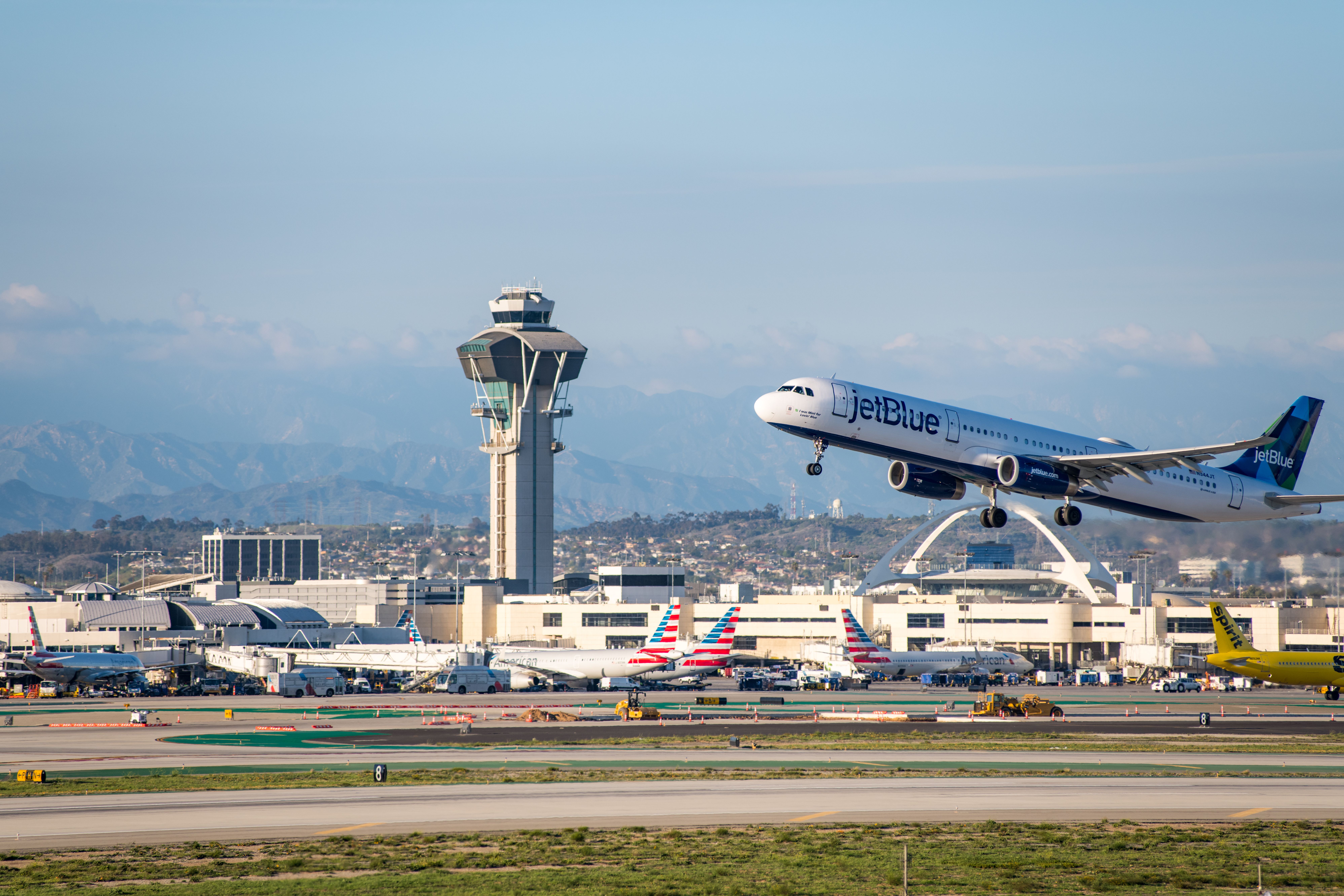
Related
FAA Denies Association Of Flight Attendants Request For New Cabin Air Quality Rule
The FAA argued that it was already mandated to study issues related to the quality of air inside aircraft cabins.

